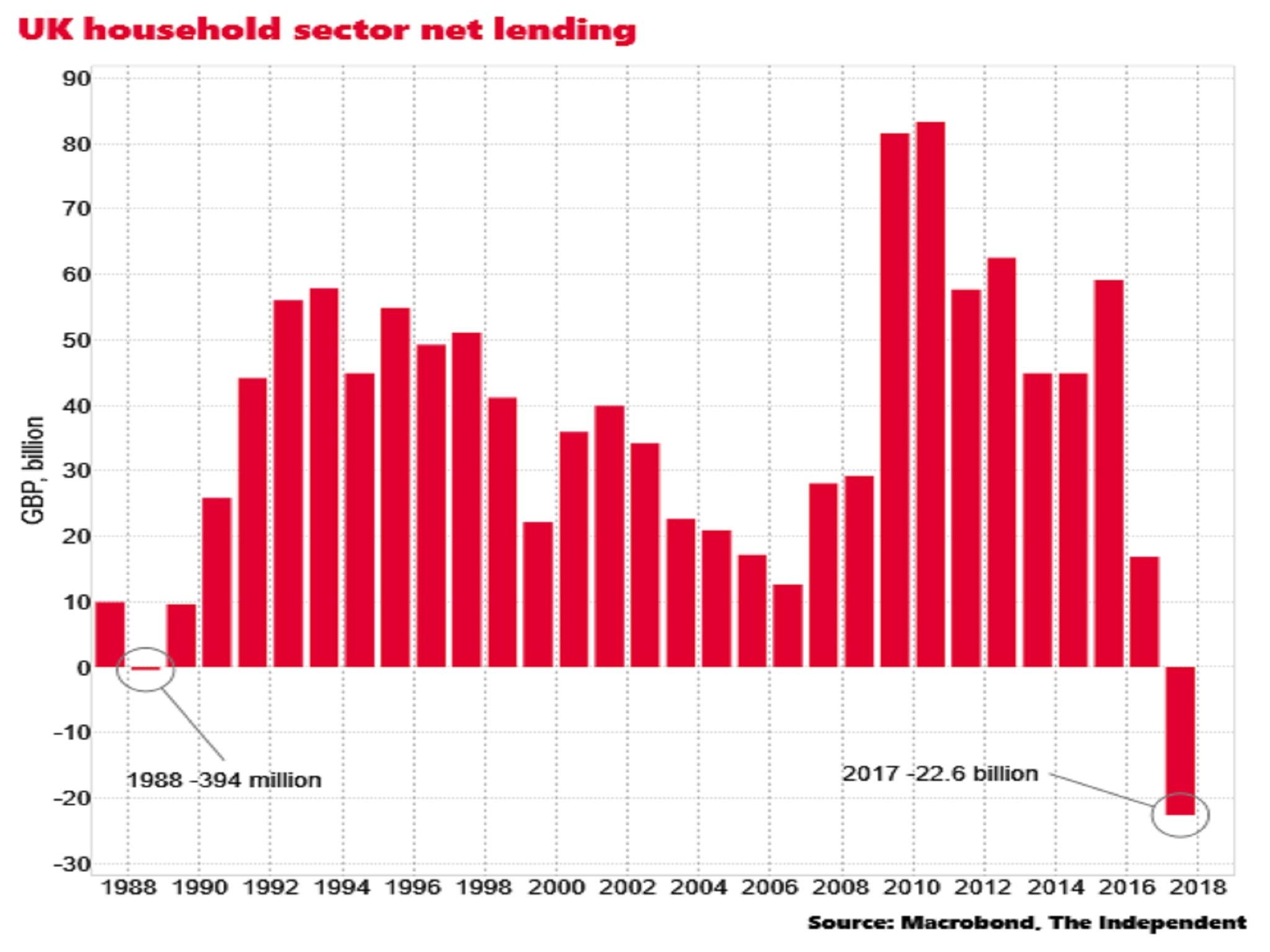Quantitative Easing, that was a good topic for a long time here and in the UK generally. The magic money tree come to save us from a dearth of credit. It is hard in any meaningful way to say it has work, clearly there are reports from the Bank of England saying it has added over 1% to GDP growth, but they are not really an independent source.
Now though, with the economy growing strongly, the time approaches when interest rates will have to rise and Mark Carney is going to speak today with a view to saying they may indeed start to rise this year.
What is interesting is that there is no discussion of unwinding of QE first. After all, the net effect of QE is to reduce interest rates below zero - therefore surely this emergency source of monetary funding should be the first to be unwound?
Interestingly, the Bank of England and its fellow travellers say not. They say that QE is not inflationary as it has not provided direct capital to Banks after all - they can still create their own reserves to book against loans as needed. As such, raising rates will have a larger impact than reducing QE.
This is all very well and all very technical. But as you raise interest rates, then the price of Bonds will fall. This means the Bank will be losing money on its investments, the more rates rise the worse it gets.
So what? Well if you are not going to reduce QE then perhaps you monetise the debt? or Perhaps the losses do not matter as no one knows who owns the Bank of England and its debts anyway?
But this is too clever by half in my view, people in the Country will see that money is being created and destroyed at will and it undermines the concept of fiat money altogether which would be a bad thing.
Worse is to leave QE and experience the high losses, as any taking of these losses were they ever to sit with Government would cause a huge political problem for the Government of the day.
I can't see how keeping QE is good in the medium term, it should be unwound before the Bank starts to raise interest rates.







